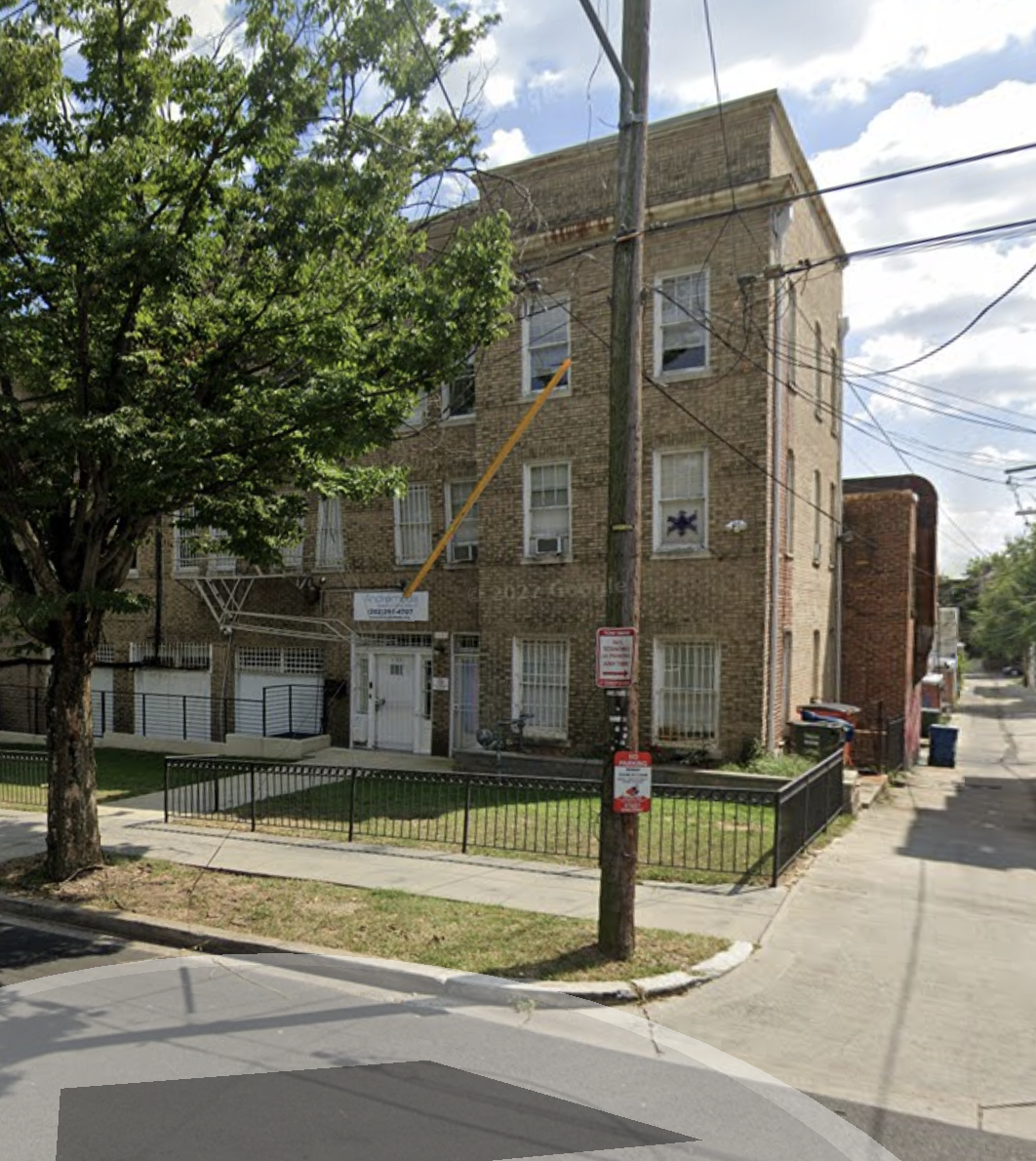Hotline for National Substance Abuse Support
24/7 Support Available, Confidential and Free of Charge
Best Alcohol & Drug Rehab Treatment Centers in Washington, District of Columbia
Washington, DC has unfortunately been greatly impacted by drug addiction. According to the National Institute on Drug Abuse, cocaine and heroin use rates are well above the national average in this area. Additionally, the growing opioid epidemic has hit our city hard, with a significant increase in overdose deaths in recent years.
Our website is designed to educate and inform the public about the realities of drug addiction in Washington, DC. We provide local facts and statistics to help residents understand the scope of the problem and encourage them to take action.
One of the most important aspects of our website is the section on treatment options. We understand that every individual's journey to recovery is unique and personal. That's why we have compiled a comprehensive list of treatment facilities and resources in the area, from outpatient programs to inpatient rehab centers. We also provide information on support groups and counseling services for both individuals struggling with addiction and their loved ones.
We also aim to inspire and support individuals on their path to recovery. Our website features stories of recovery from local individuals who have overcome addiction and are now living fulfilling lives in the DC community. We also offer tips and resources for maintaining a healthy lifestyle and avoiding relapse.
One unique aspect of our website is the section dedicated to the intersection of drug addiction and the political landscape in Washington, DC. As the nation's capital, our city plays a crucial role in shaping drug policy. We provide updates on changes in legislation and advocate for evidence-based approaches to drug addiction treatment and prevention.
We believe that overcoming drug addiction is a community effort. Our website provides information on volunteer opportunities and local organizations that are working towards creating a safer and healthier environment for all residents of Washington, DC. Together, we can make a positive impact and help those struggling with addiction find the support and resources they need to overcome this disease. Thank you for visiting our website and joining us in the fight against drug addiction in our community. Ready to explore more treatment centers and take the next step towards recovery? Click here to discover range of options and find the support you need on your journey to wellness. Your path to healing starts now.
Featured Treatment Centers




